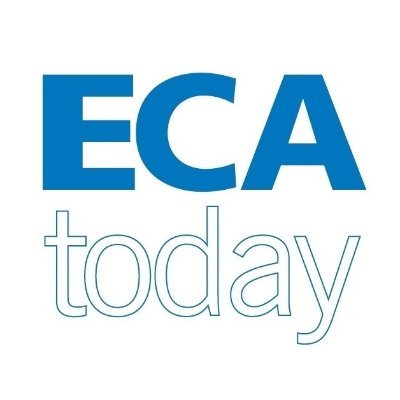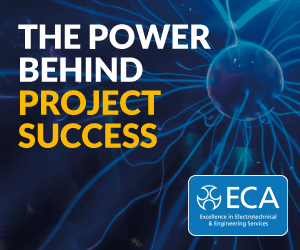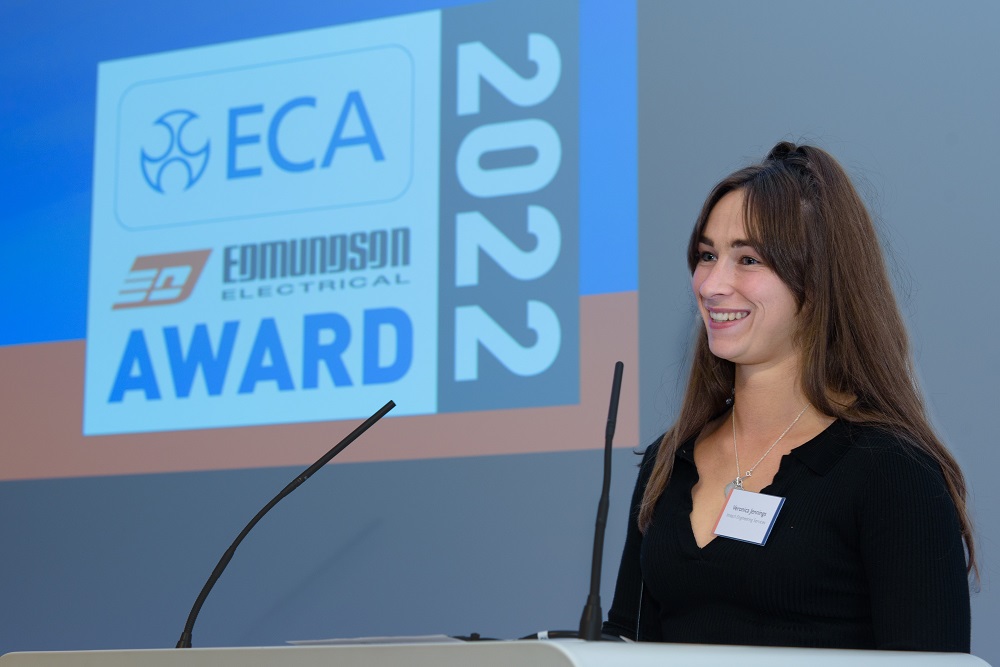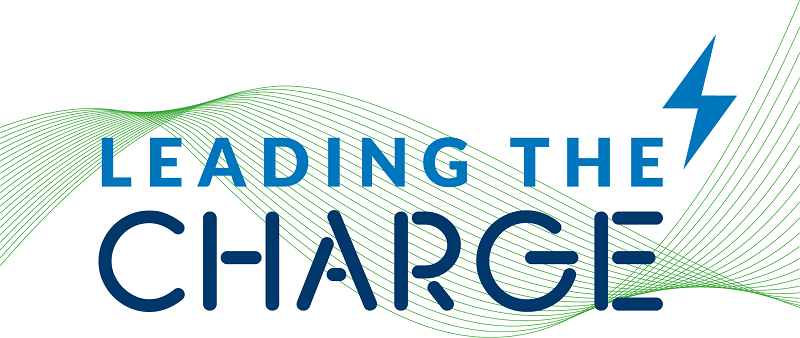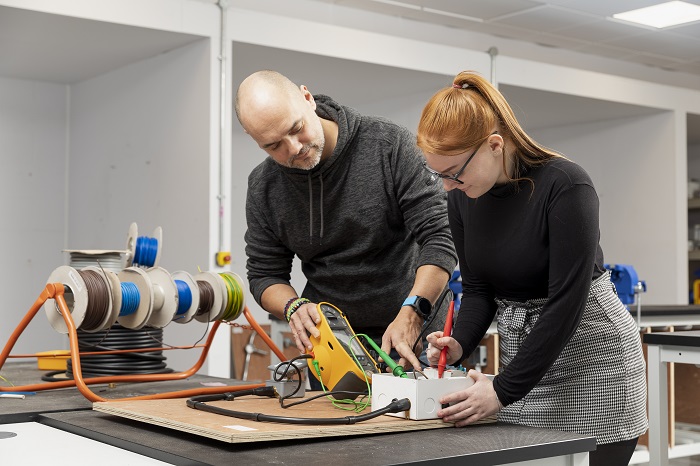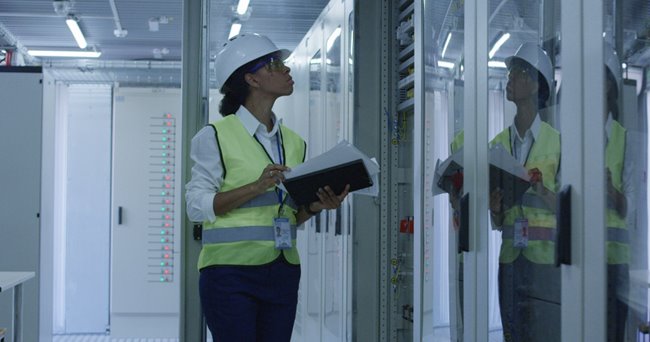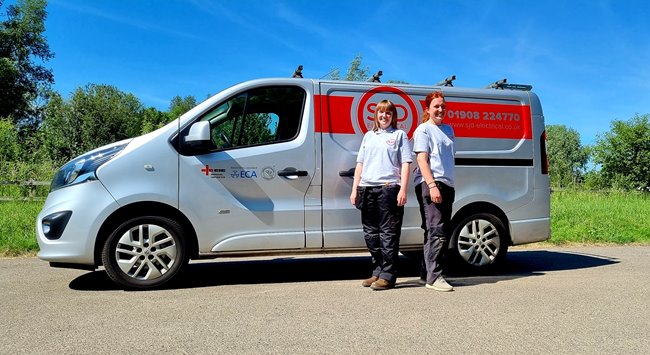Wired differently: neurodiversity in engineering

The term neurodiversity refers to variation in the human brain regarding sociability, learning, attention, mood and other mental functions. It was coined in 1998 by sociologists and has since become an important field of research, particularly in the world of work.
The following articles outline what it means to be neurodiverse in engineering services, and how to nurture exceptional talent which may otherwise be overlooked.
Neurodiversity: accessing and supporting exceptional talent
Jacqui Wallis, Genius Within
Many organisations are now recognising the opportunities that including specialist thinkers in their workforce can bring. Examples of Neurodiversity include Dyslexia, ADHD, Autism, (DCD) Dyspraxia and Tourette’s Syndrome.
These individuals typically have a ‘spiky’ cognitive profile which means that they have areas of standout strengths and abilities which can offer significant benefits to an employer.
Many organisations are now recognising the opportunities that including specialist thinkers in their workforce can bring
Some organisations are therefore turning their attention to how they can attract these candidates. By targeting a wider audience and removing any potential barriers from recruitment processes, employers can level the playing field and ensure that so-called neurominorities have the same chance of being successful in the recruitment process as their neurotypical peers.
Genius Within CIC is a social enterprise, established in 2011, with a clear mission to support all neurominorities, or those with hidden disabilities, to work at their best, more of the time. Genius Within has long supported the inclusion of different types of thinkers and now, via the Government’s Kickstart scheme, these individuals can join an organisation as full funded interns, for six months.
As a Kickstart Gateway provider, Genius Within provides an entry point for companies who want to hire fewer than the minimum threshold of 30 candidates.
What does Kickstart involve?
The Kickstart Scheme has been designed to be cost neutral. The funding will cover the 100 per cent of the national minimum wage for up to 25 hours per week for 6 months, including the associated employer national insurance and minimum automatic enrolment pension contributions.
Genius Within also provides the necessary wrap-around support for both interns and host organisations throughout the programme, including liaising with the DWP and ensuring that all the requirements of the internship are met.
Potential business benefits
In addition to supporting young people in their local area, organisations that engage with GeniusWithin can access a wider talent pool and the potential for increasing diversity of thought.
An organisation such as Genius Within can also support firms to ensure that their recruitment processes and support systems are accessible and inclusive, which will help them to work towards a more inclusive culture going forward. This work will also count towards Disability Confident Employer status.
To find out more contact ClientServices@GeniusWithin.co.uk, call 01273 890 502 or visit this page.
Neurodiversity and Apprenticeships
Rachel Robinson and Rachel Jagger Thomas, JTL
An estimated one in seven people in the UK have brains which function, learn and process information differently. At JTL, when discussing neurodiversity with learners, we will talk about the fact that each person has a unique pattern of neural pathways in their brain – each one of us is ‘wired’ slightly differently.
At JTL, approximately 13 per cent of all apprentices have been identified as having a need of some description
It is still quite common that someone doesn’t realise they may be neurodivergent or have a ‘ hidden need’ that can often be readily addressed by using different learning strategies. The JTL Learning Support Team uses specialist assessment software to explore an individual’s cognitive functions used in work and learning.
Initially using a short, interactive online assessment tool, learners are assessed to provide an indication as to whether they have hidden needs and would benefit from specific interventions. This helps us to recognise any hidden needs from the beginning of the learner’s journey and provide support throughout their qualification at JTL and learn skills to support them for life.
At JTL, approximately 13 per cent of all apprentices have been identified as having a need of some description. This figure includes learners identified as having hidden needs that may previously never have been documented or acknowledged.
Dyslexia has historically been the most identified learning support for JTL learners, and this remains the case for 25 per cent of current apprentices receiving learning support.
Now, however, the percentage of individuals with hidden needs in our learning support population surpasses this at 28 per cent - and the numbers are growing. This increase further highlights the importance of engaging in and normalising conversations about neurodiversity to support learners and enable them to realise their potential and achieve success in their careers as trades professionals.
Are you up to date with ECAtoday?
ECAtoday is the official online magazine of ECA and reaches thousands of people within the electrotechnical and engineering services industry.




